Hearing Aid User Guides & Manuals
| CONTENTS | UPDATED | DOWNLOAD |
|
|
||
| Generic BTE Operations Manual | Jun 2019 | Download |
|
|
||
| Generic Custom Operations Manual | Jun 2019 | Download |
|
|
||
| Generic RIC 312 Operations Manual | Jun 2019 | Download |
|
|
||
| Generic Tinnitus Operations Manual | Jun 2019 | Download |
|
|
||
| TruLink for Android Devices Setup | Jun 2019 | Download |
|
|
||
| TruLink for Android Devices | Jun 2019 | Download |
|
|
||
| TruLink for Apple Devices Setup | Jun 2019 | Download |
|
|
||
| TruLink for Apple Devices | Jun 2019 | Download |
Hearing Aid Battery User Guide
Handling the Hearing Aid Battery

STORAGE
If you are not using your hearing aid, you would do well to store it in the drying set. Always transport it in its pouch. Switch it off to protect the battery. If you do not use it over a longer period, remove the batteries so that they do not undergo deep draining and leak into the hearing aid. Please bear in mind, however, that already activated batteries, whose strips of protective film have been removed, will drain faster. Please do not store zinc air batteries in the fridge. The best temperature for storing power one batteries is between 10 and 30C – in a dry place in the original packaging. Please do not expose the batteries to temperatures above 50C, for example, in a closed car in the sun. Nor should you bend the packaging, in case you damage the seal.
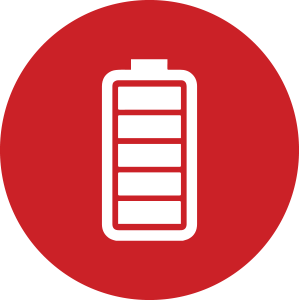
ACTIVATION
Zinc air batteries are not rechargeable and are powered by oxygen from the air. A tab keeps the button cell hermetically sealed. Once you remove the tab, oxygen can enter and the cell is activated. Thefore, you should not remove the tab until you have need of the battery. The very long tab of power one batteries allows you to insert the battery confortably. After removing the tab you should wait ten seconds before closing the battery compartment.
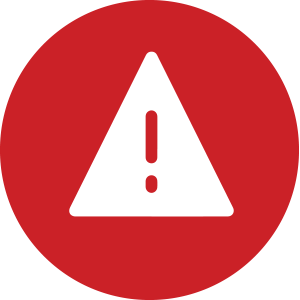
CONTACT WITH SKIN OR METAL
Please avoid bringing an activated battery into contact with metallic objects, as this could cause them to drain or short-circuit. Button cells are also sensitive to the natural skin fat of the hands, if this gets onto the cell. It can hinder the current flow. Hence we advice that you only grip the battery by the tab – the long “confort tab”. The most elegant and practical solution is the power one magnetic pen for comfortable and safe battery insertion and removal.

RECYCLING AND DISPOSAL
A used hearing aid battery should never remain in the hearing aid longer than necessary. Please support our efforts to protect the environment and do not throw a used battery away with the household waste. Please dispose of it in an ecologically responsible manner – for example, by depositing it in the recycling containter at your audiologist’s or suprtmarket. Like all batteries, hearing aid batteries must never be set fire to or incinerated.
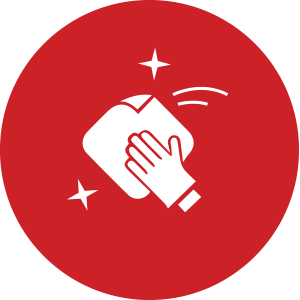
CLEANING
For best performance, a hearing aid must be kept clean. That is why you should clean it every day with a soft, dry cloth. Important: Never use detergents or water. Leave your ear mould overnight in a special clearning fluid. You can obtain the correct care products from your hearing aid audiologist.

WATER
Moisture such as condensation can damage the electronics of your hearing aid. Make sure that you remove it before showering, bathing or swimming and do not leaving it lying in the bathroom. Removing the battery for the night and leaving the battery compartment open will allow any moisture that may be present to evaporate. Even more effective are special drying containers that you can obtain from your hearing aid audiologist.
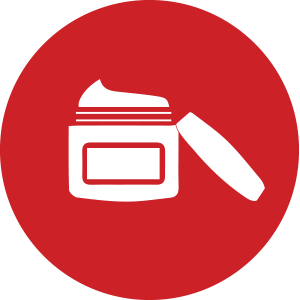
COSMETIC PRODUCTS
The things that care for you and make you look nice can have the opposite effect, unfortunately, with your hearing aid! Body care products such as make-up or sprays can clog the microphone input or the volume control. It is therefore better to remove your hearing aid before using such products.
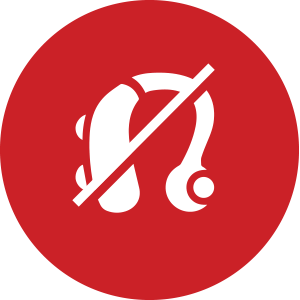
AT THE PHYSICIAN’S OR PHYSIOTHERAPIST’S
If undergoing ultrasound medical treatment or an X-ray (including computed tomography/ CT scanning) do not forget to remove your hearing aid. This also applies to a visit to the physiotherapist.

REPAIRS
Please do not try to repair your hearing aid yourself. Electronics and micromechanics are very sensitive and can be quickly damaged if handled improperly.
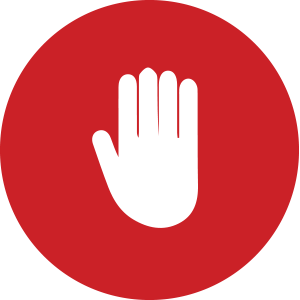
CHILDREN AND PETS
Always keep your hearing aid and batteries out of the reach of children, so that nothing can be swallowed or damanged. If such an accident should occur, you should seek emergency medical help immediately. Switch off the appliance whenever you take it off – otherwise it will emit a high-pitched tone that can irritate a dog.

 Find Us
Find Us